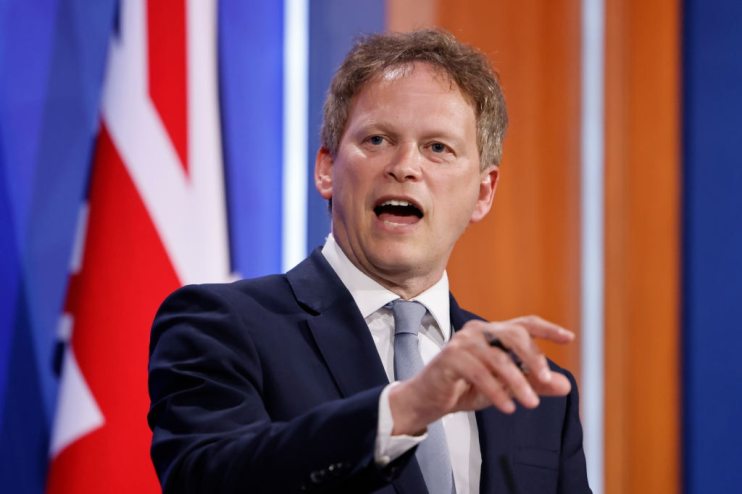Energy rationing is ‘not the route we want to go down’ says Transport Secretary Grant Shapps

Grant Shapps has ruled out energy rationing in the UK, despite increased pressure on global supplies following Russia’s invasion of Ukraine.
The Transport Secretary told the BBC’s Sunday Morning programme it was “not the route that we want to go down.”
He dismissed the prospect of rationing after Labour’s shadow business secretary suggested ministers might need to prepare for emergency measures earlier in the same programme.
Reynolds said: “The government should be preparing, not necessarily in public, for that situation.”
The discussion over energy rationing follows Russian President Vladimir Putin signing an order demanding overseas buyers pay for the country’s fossil fuel supplies in roubles.
The measure is perceived as retaliation to sanctions imposed on banks and financial institutions by the West, while the US and UK have announced sanctions on Kremlin-backed fossil fuels.
Russian imports account for eight per cent of UK gas supplies, but represent a 40 per cent share of European Union (EU) gas imports.
While EU member states have rejected the move, Germany and Austria have since triggered emergency gas plans, while Netherlands and France have both called for consumers to reduce their consumption.
Wholesale prices drive market instability
Wholesale costs have soared over the past six months amid fears over gas supply shortages, rebounding pandemic demand across the world, and Russia’s invasion of Ukraine.
Last month UK natural gas prices peaked at £8 per therm and remain elevated at £2.57 per therm.
For context, prices were 42p per therm this time last year.
Combined with the constraints of the consumer price cap and insufficient hedging, this has resulted in dozens of energy firms collapsing over the past six months.
Ofgem has since hiked the consumer price cap 54 per cent to nearly £2,000 per year with a further increase expected in October.
Meanwhile, the cost of transferring customers from fallen firms to surviving suppliers is estimated to be in the billions, as is the cost of propping up Bulb Energy over the winter following its de-facto nationalisation last November.
Shapps also confirmed the government’s long-awaited energy strategy would be announced later this week.
Plans to expand nuclear and wind power are expected to form part of the strategy, which has been delayed amid cost concerns.
Grant Shapps has pushed back against proposals to significantly ramp up onshore windfarms, as the government prepares to unveil its energy security strategy next week.
Business Secretary Kwasi Kwarteng reportedly is pushing to double onshore wind over the decade from 14GW to 30GW.